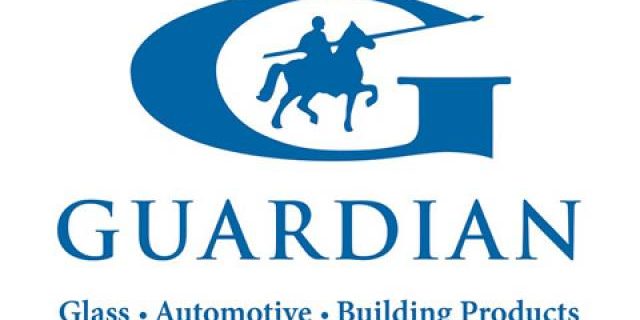On 7 of June 2017 the General Court of the EU ordered the EU to pay a glass company Guardian Europe approx. USD 730 000 in damages for a delay in deciding on the antitrust case against the company. The ruling also clarifies what an appropriate length of time for dealing with cases concerning the application of competition law is – “a period of 15 months…”
Background
In 2007 the European Commission fined the Guardian Group USD 167 million for its participation in a glass cartel. The decision was appealed to the General Court. It took three years and five months for the court to decide. The General Court’s judgement was further appealed to the Court of Justice of the EU, which in 2014 reduced the fine to USD 117 million.
Guardian vs EU (T-673/15)
The Guardian Group sued the EU claiming damages for the General Court’s delay in deciding on the initial appeal and for the prejudice that the company suffered as a result of the court’s excessive fine.
Interesting outcome
The General Court in its ruling admitted that it had taken it too long to decide on the Guardian’s appeal – 41 months instead of the standard of 15 months. The General Court also found no circumstances that could justify such a 26 months delay above the court’s case law standard (normally the length of that period depends, in particular, on the complexity of the dispute, the conduct of the parties and supervening procedural matters). The General Court decided that the adequate compensation for this would be USD 730 000.
Concluding remarks
The case demonstrates that in spite of the company’s involvement in the competition law infringement, everybody has a right to defense and receive damages in cases where there has been a failure to comply with the obligation to adjudicate within a reasonable time, which constitutes a sufficiently serious breach of human rights under Article 47 of the Charter of Fundamental Rights of the European stating that ‘everyone is entitled to a fair and public hearing within a reasonable time by an independent and impartial tribunal’.
Additionally, the ruling in this case is important as it clarifies what the reasonable adjudication period is – “a period of 15 months between the end of the written part of the procedure and the opening of the oral part of the procedure is, in principle, an appropriate length of time for dealing with cases concerning the application of competition law.”
Hanna Stakheyeva








